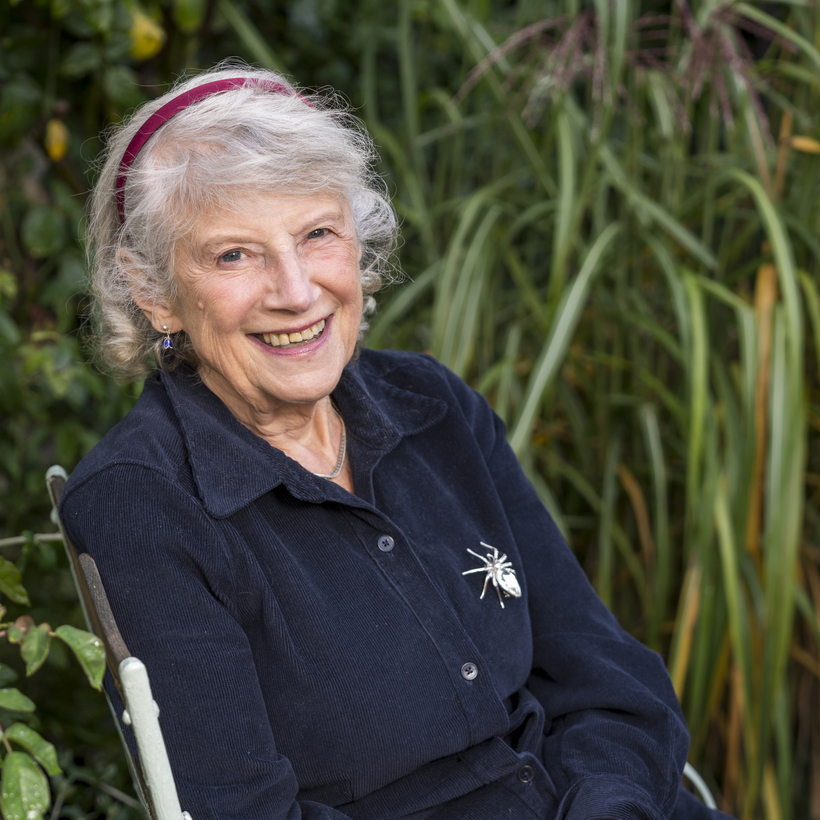“There are too many things to be enraged over,” says Dame Carmen Callil as she stands on the doorstep of her house, in Notting Dale, West London. We are both staring up at Grenfell Tower, the high-rise block, now shrouded in white plastic, where 72 people died in 2017 after a refrigerator fire was catastrophically spread by woefully shoddy cladding and insulation.
At 83, Callil is as angry—and as whip-smart funny—as she has ever been in her 60-year publishing career. She worked for Spare Rib and Ink, two of the most prominent British countercultural publications of the 70s. And then, 50 years ago, she founded Virago Books, the pre-eminent feminist publisher.


